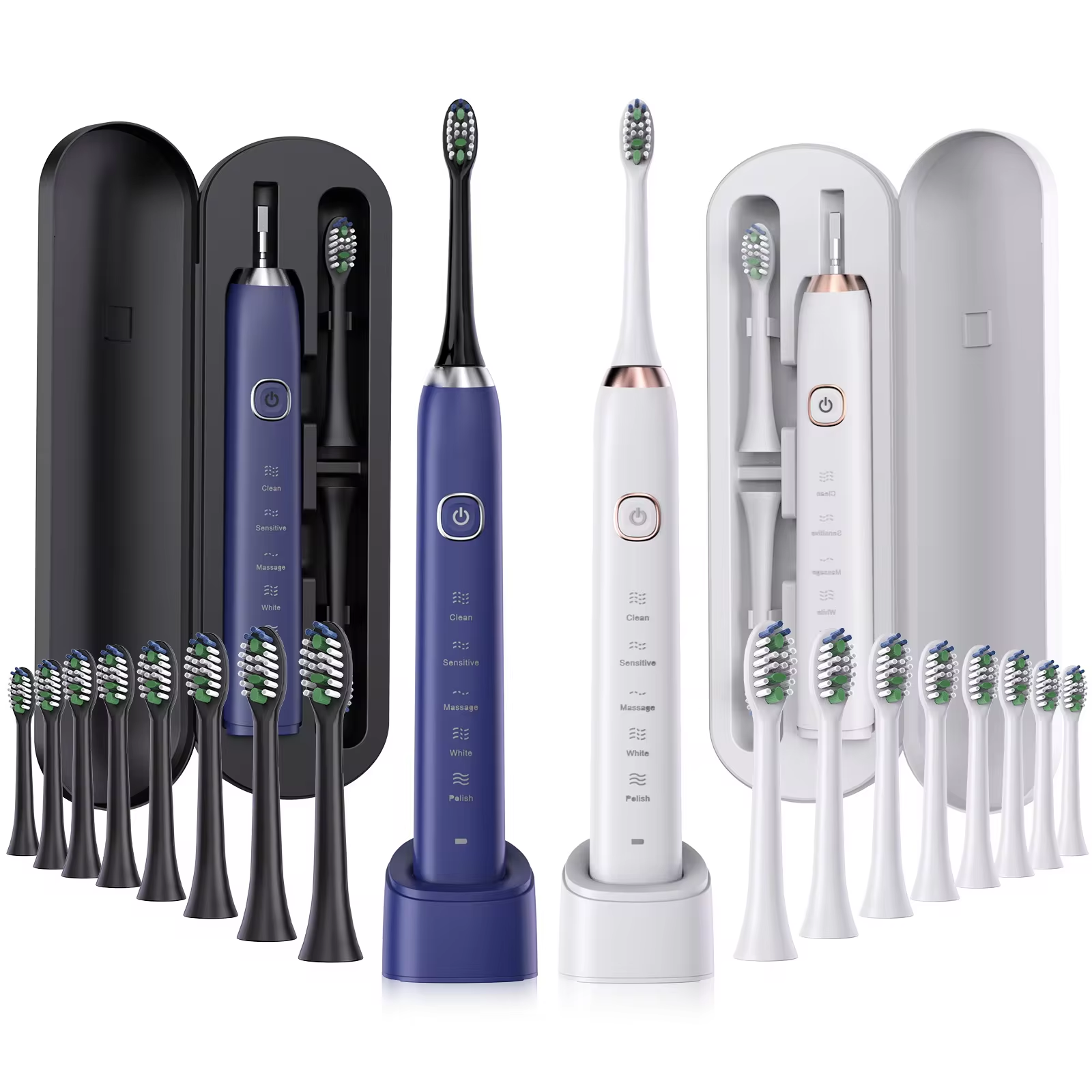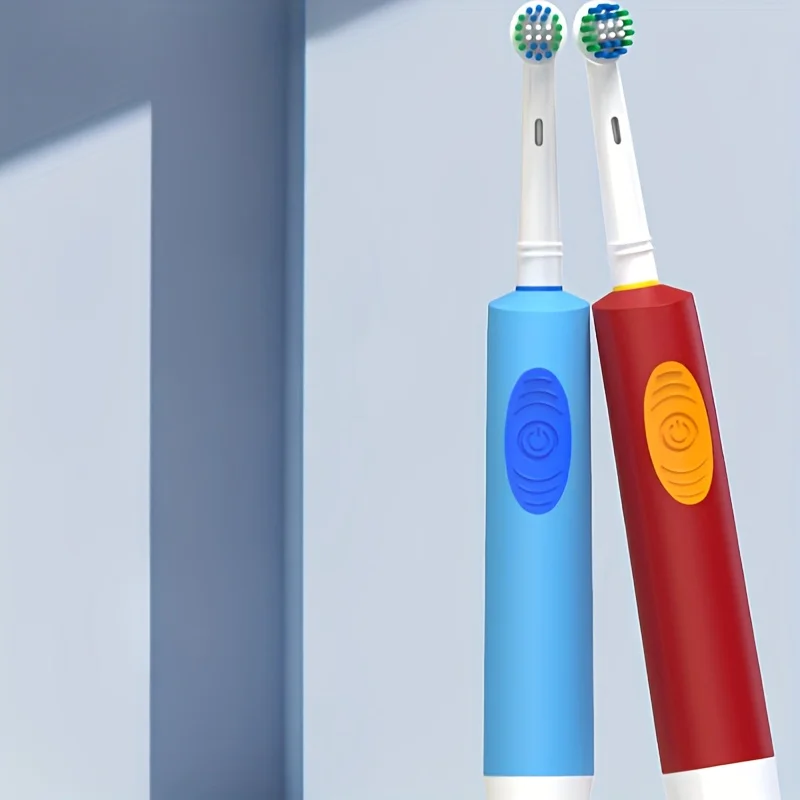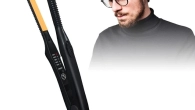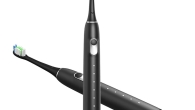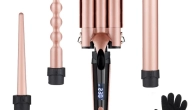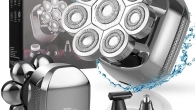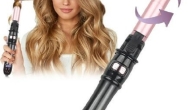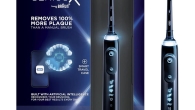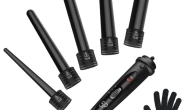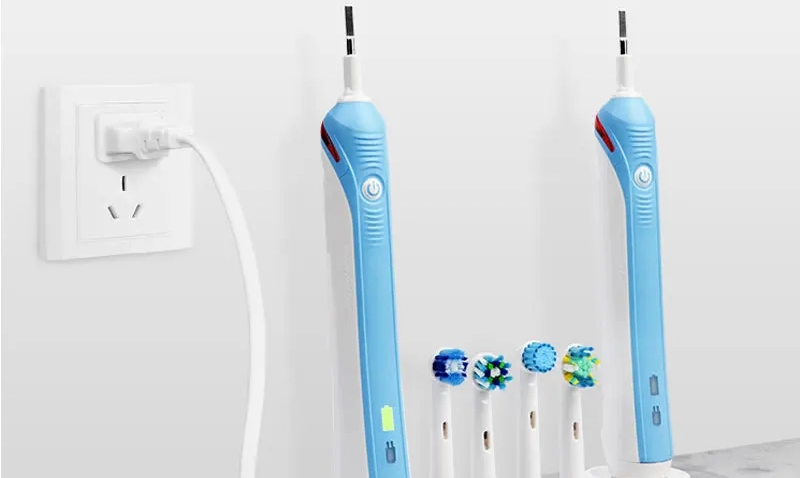
Is an Electric Toothbrush HSA Eligible?
Health Savings Accounts (HSAs) provide a unique opportunity for individuals to save money on health-related expenses. However, the eligibility of certain products and services frequently raises questions. One common question is, “Is an electric toothbrush HSA eligible?” In this article, we will thoroughly explore whether electric toothbrushes fall under the eligibility requirements of HSA funding, delve into the general rules regarding HSAs, and discuss other oral health expenses that can be covered by HSAs.
Understanding Health Savings Accounts (HSAs)
Health Savings Accounts are tax-advantaged accounts specifically designed for individuals with high-deductible health plans (HDHPs). HSAs allow you to save for and pay for qualified medical expenses, which can help reduce overall health care costs.
What Makes an Expense HSA Eligible?
In order for an expense to be considered HSA eligible, it must meet certain criteria established by the IRS. Generally, expenses that contribute to the diagnosis, cure, mitigation, treatment, or prevention of disease can be deemed qualified. This includes a wide range of services and products, but the details can often become confusing.
Contribution Limits and Tax Advantages
For 2023, individuals can contribute up to $3,850, while families can contribute up to $7,750 to their HSAs. Those aged 55 and older can add an extra $1,000 as a catch-up contribution. Contributions to HSAs are not subject to federal income tax, and funds can grow tax-free, providing a robust incentive for account holders.
Using HSA Funds
Once you have contributions in your HSA, you can use these funds for qualified medical expenses. It’s essential to keep receipts and documentation for any expenses you pay for with HSA funds, as the IRS may require this information if they decide to audit you.
The Electric Toothbrush Debate: HSA Eligibility
When it comes to electric toothbrushes, the question of HSA eligibility is complex. The IRS provides a general guideline, but individual circumstances can make all the difference.
Medical Necessity
The primary factor determining whether an electric toothbrush is HSA eligible is whether it can be classified as medically necessary. Standard toothbrushes are generally not considered medical devices. However, electric toothbrushes may qualify if they are prescribed by a healthcare provider as part of a treatment plan for specific dental health conditions.
Documentation and Prescription
To maximize your chances of coverage, it’s important to obtain documentation that outlines the medical necessity for the electric toothbrush. This can include a prescription from your dentist or doctor detailing why an electric toothbrush would benefit your oral health. Retain this documentation along with your receipt to substantiate your expense in the event of an audit.
Other Dental Products Covered by HSA
While the eligibility of electric toothbrushes often depends on medical necessity, several other dental products and services are universally accepted under HSAs.
Dental Treatments
General dental treatments like fillings, crowns, and extractions are widely regarded as HSA-eligible. This is true for both preventive and necessary procedures. Since these treatments are integral to maintaining or improving oral health, they easily meet the IRS criteria for qualified expenditures.
Teeth Whitening
While teeth whitening treatments are not generally HSA-eligible, some exceptions exist. If the whitening procedure is deemed medically necessary, perhaps due to a medical condition that discolors the teeth, it may qualify. In this case, proper documentation would again be crucial.
Orthodontics
Expenses related to orthodontic treatment, such as braces or retainers, are also eligible for HSA funds. These treatments can be considered necessary for dental health, particularly if they are correcting bite issues or other medical concerns.
Over-the-Counter Dental Supplies
Many over-the-counter dental products, such as dental floss, mouthwash, and even some types of toothpaste, can be purchased with HSA funds. The crux lies in ensuring that they serve a specific medical purpose. Generic toothpaste may not be eligible, but toothpaste that is specifically formulated to treat conditions like gingivitis would be.
Special Considerations for Insurance and HSA Plans
Coordination with Dental Insurance
If you have dental insurance, it’s essential to understand how it coordinates with your HSA. While you can use HSA funds to pay for any qualified dental expenses, those agreed upon by your insurance may affect your out-of-pocket costs. Always verify what your plan covers to avoid unnecessary out-of-pocket expenses.
Annual Limits and Coverage
Many dental procedures come with annual limits imposed by dental insurance. If you’ve met those limits, your HSA can be a valuable resource to cover the remaining costs. This can be particularly useful in high-cost procedures like root canals or crowns.
Long-Term Oral Health Investments
While electric toothbrushes might not be commonly classified as HSA eligible, investing in your long-term oral health could lay the groundwork for potentially qualifying future expenses. For example, if an electric toothbrush leads to a significant improvement in your oral health, it could correlate with fewer dental procedures down the line, thus making your HSA funds more valuable in the long term.
The Importance of Dental Health
Why Investing in Dental Health Matters
Oral health is often overlooked in discussions around overall well-being. Regular brushing, dental visits, and preventive care are crucial in avoiding more serious health complications down the line. Poor oral health has been linked to various systemic issues, including heart disease, diabetes, and respiratory infections.
Cost-Effectiveness of Preventive Care
Investing in preventive care, including hygiene products like a quality electric toothbrush, can save you significant money in the long run. While the upfront cost may seem high, the subsequent benefits in fewer emergencies, lower insurance premiums, and reduced out-of-pocket expenses can be worth it.
Tax Advantages of HSAs
One of the most significant draws of HSAs is their tax benefits. When it comes to tax savings, HSAs are unparalleled because they provide a “triple tax advantage.”
Pre-Tax Contributions
When you contribute to an HSA, the money goes in pre-tax. This means that the amount you contribute is deducted from your taxable income, lowering your overall tax burden. For instance, if you contribute $3,000 to your HSA in a given year, and your taxable income was $50,000, your new taxable income would be $47,000.
Tax-Free Growth
The money within your HSA grows tax-free. You can invest the funds in various investment vehicles, including stocks and bonds. This growth is not taxed, allowing your savings to accumulate faster than in a regular savings account. This is especially important for people looking to build a financial cushion for future health care expenses.
Tax-Free Withdrawals
When you withdraw money from your HSA for qualifying medical expenses, those withdrawals are tax-free. This means you won’t face any additional tax burden when you use your HSA funds, making it an economical option for healthcare payments.
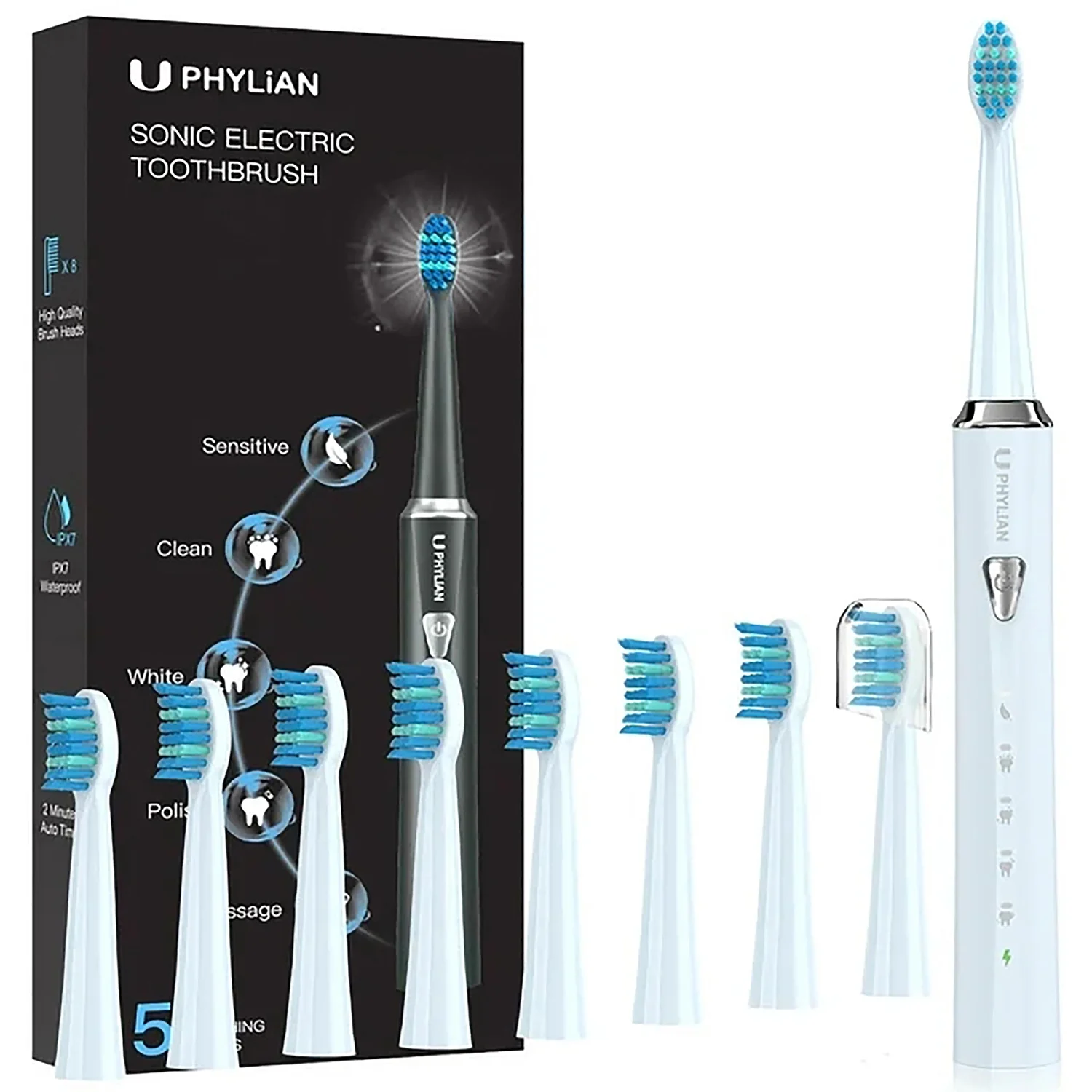 Flexibility and Control Over Healthcare Spending
Flexibility and Control Over Healthcare Spending
HSAs offer an unparalleled level of flexibility and control over how you manage your healthcare spending.
Use It or Save It
Unlike other flexible spending accounts (FSAs), HSAs are not “use it or lose it.” Funds roll over from year to year, which means you can save your HSA balance for larger medical expenses in the future. This rollover feature allows you to build a significant balance over time, providing a safety net for healthcare costs in later years.
Long-Term Healthcare Savings
HSAs not only cover immediate medical expenses but are also excellent for long-term healthcare savings. Many people use an HSA alongside other retirement vehicles. Funds can be saved for future healthcare costs during retirement, making HSAs an effective tool for planning for health expenses as you age.
Conclusion
In summary, the question of whether an electric toothbrush is HSA eligible is nuanced and often depends on medical necessity. For most people, a standard electric toothbrush may not qualify for HSA funds without proper documentation or doctor recommendation. However, numerous dental health expenses are covered under HSA guidelines, allowing individuals to use their funds wisely.
Ultimately, maintaining good oral health is not just about whether or not you can use your HSA. This requires consistent effort and a proactive approach to both hygiene and treatment. Emphasizing preventive care can lead to healthier outcomes, reduced costs, and a higher quality of life. So while the short answer may not always be favorable for electric toothbrushes, the broader context of oral health, HSA contributions, and preventive investments offers many avenues for leveraging your healthcare spending effectively.
Is an electric toothbrush HSA eligible? It can be, under the right circumstances, making it essential to stay informed about both your health needs and the specifics of your health savings account.




